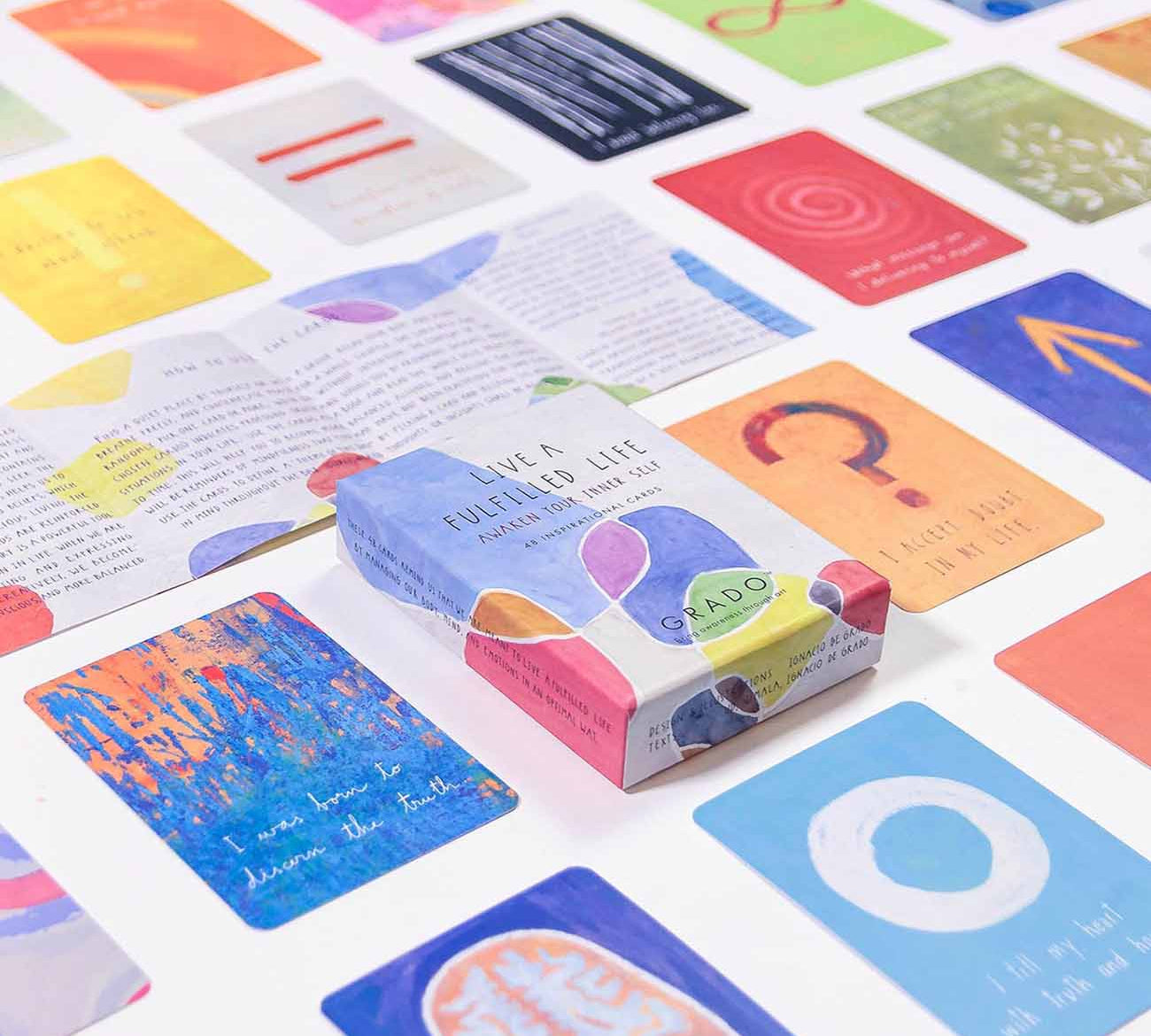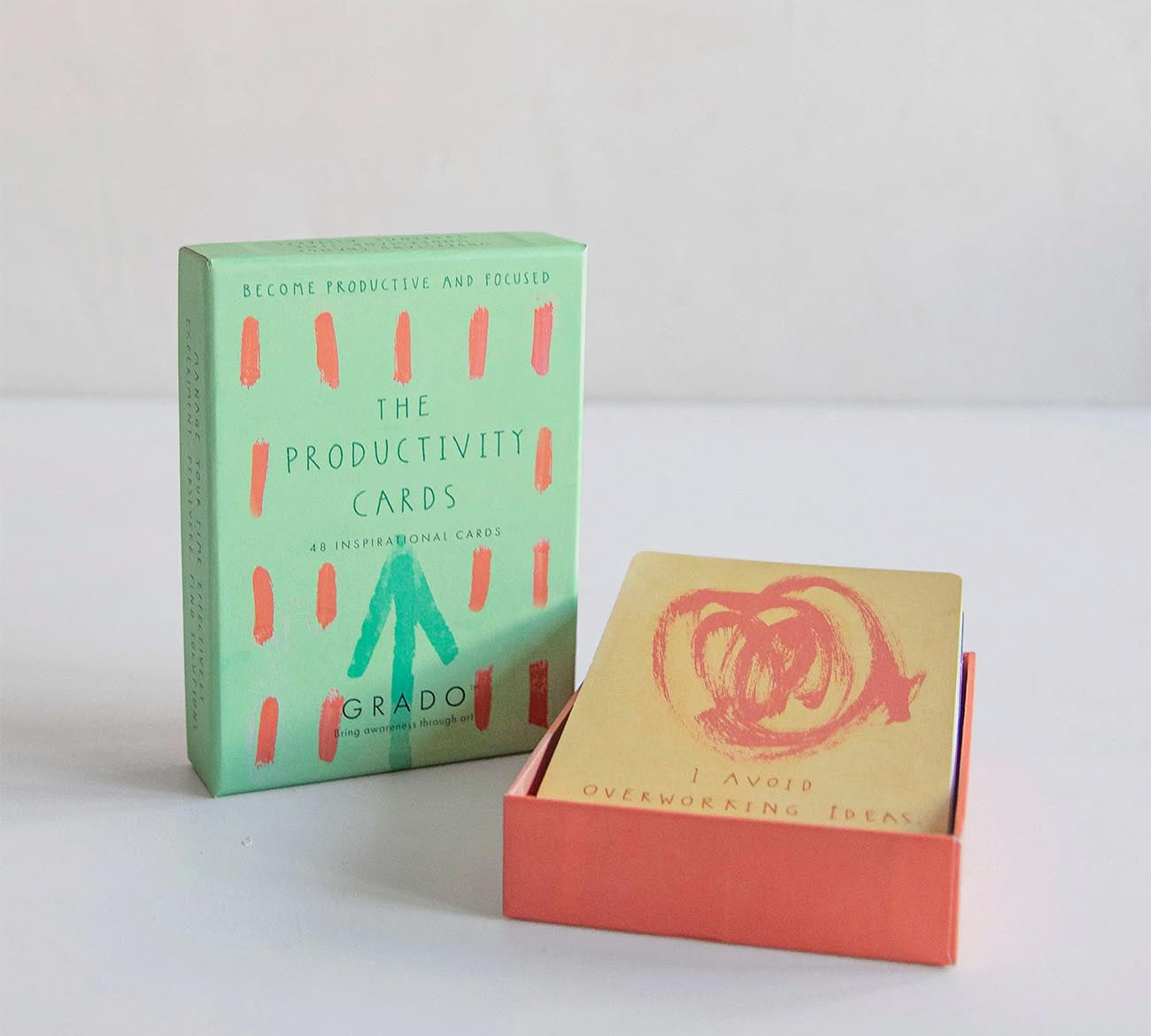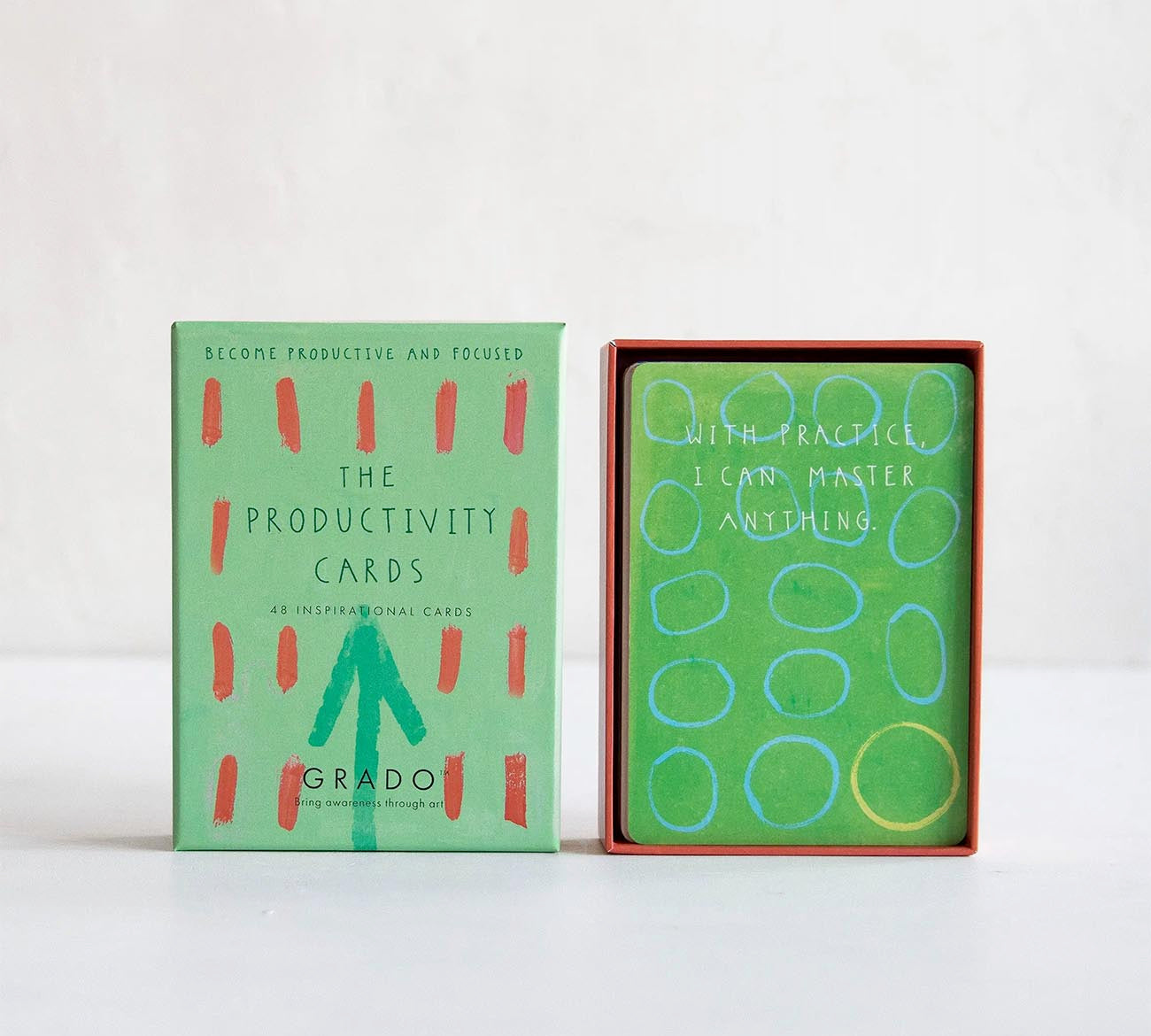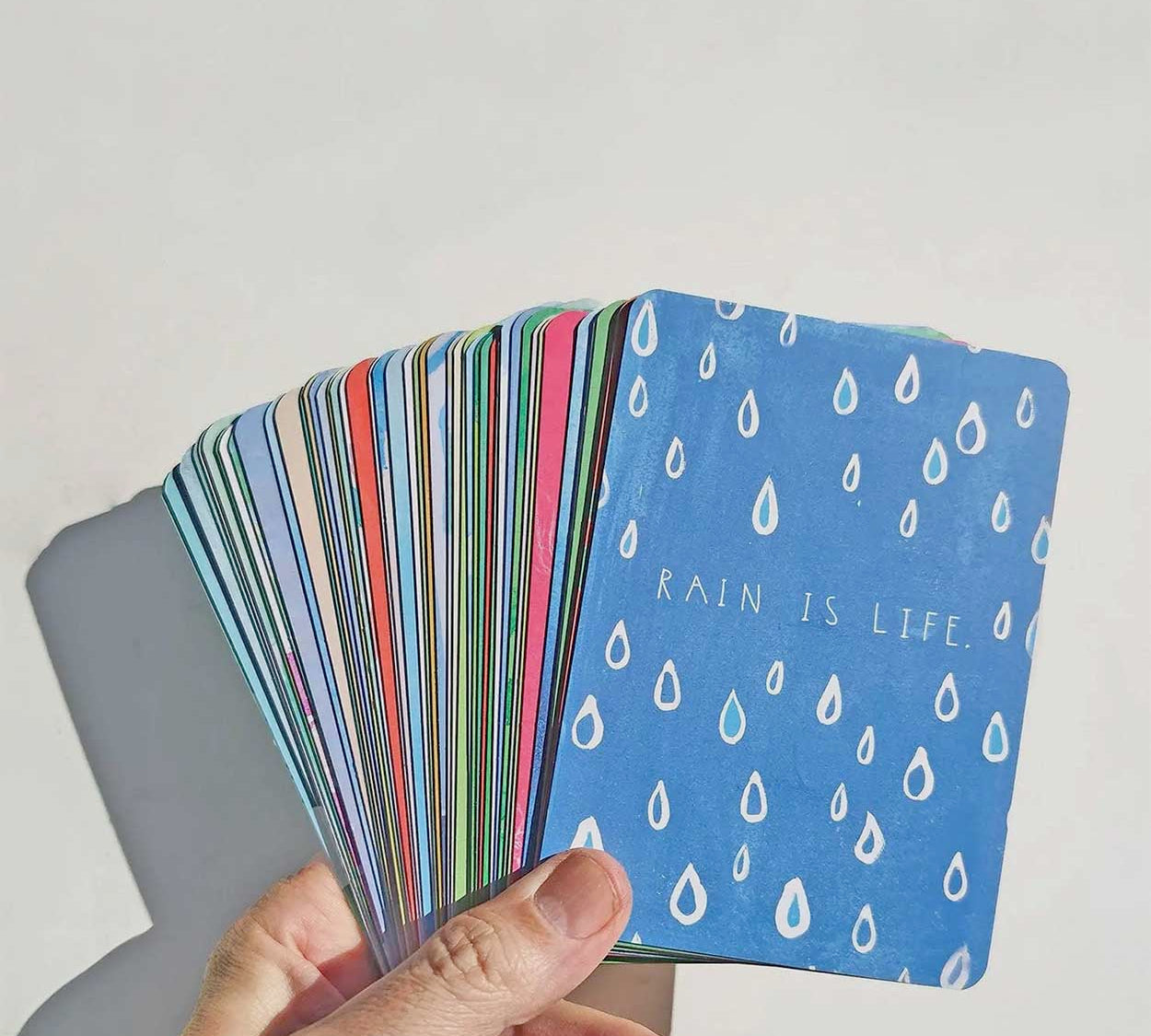Successful projects are built on solid foundations. Managing your time and your projects can often be confusing and frustrating. You may find yourself wasting time going back and forth without finding solutions. Therefore, you mustn’t underestimate the planning stage. If you don’t spend enough time on research and planning at the start of the project, it can lead to bad results. One reason projects fail and goals aren’t reached is because the project’s priorities were not identified correctly in the initial stages.
A project is created to find a solution to a problem. Whether you’re designing a house for a customer, working on an interior design job, creating illustrations for a book, or writing website content, you’re providing a solution for someone. Every project has specific requirements such as budget and client preferences. This can also apply to personal projects too. For instance, when you prepare for a new painting or you want to write a novel, you’re also creating a solution to a problem. So, if your personal project is a special painting, you’ll need to consider individual components such as how you’ll express certain feelings on the canvas or how a specific range of colors will work with others.
When you’re in the planning stage, the mind tends to focus on things like time and budget, which means it’s possible to overlook other project priorities. Next, I’ll provide some tips on using your discernment to better identify your project priorities.
1 Put aside your personal preferences
Let’s say you’ve been employed to write content for a client’s blog or to create illustrations for a magazine. You have the customer’s requirements, but you come up against an unexpected enemy: your ego. When your ego appears, you start to ignore the client’s requirements and favor your own preferences instead. You may have great ideas, and the result is very interesting, beautifully made, or nicely presented, but it may not be what the client asked for. For instance, the customer may have requested a minimal design for a new house with a pastel range of desaturated blue colors. Still, something inside you felt it would look better with a full palette of colors —saturated reds, striking greens, and shining yellows. The result could be an excellent, state-of-the-art mansion, but was it what the client asked for?
It’s a dangerous practice to set project priorities driven by your own personal tastes. Most of the time, it leads to wrong results. This doesn’t mean you can’t suggest alternative solutions that you think may bring better outcomes, but you must always keep project requirements and priorities in mind. It’s best to try and stay objective and only use your personal preferences when they are supported by your experience in the field. If your intuition tells you there is a better solution, present it as a second option alongside a proposal that respects the client’s desires — create alternatives.
2 Carefully observe the data.
The mind is always seeking fast results and instant gratification. You buy something online; you want it delivered right away. You buy a new car and don’t mind paying extra for quick delivery. This also happens in the planning stages of a project —your mind wants to skip to the final stages; it wants results fast. Therefore, you tend to underinvest time and resources during this initial project planning stage.
The beginning of a project is the most important. Any mistake here — such as failing to identify priorities — can lead to an unsatisfactory outcome. When you start planning your project, you must collect all the relevant data and carefully consider everything in front of you. It’s essential to spend time and observe the information. Don’t rush. By doing this at the beginning of your project, you’ll save time in the long run and produce high-quality work.
An excellent example of this would be working on a film. The first stage — when you write the script — is vital for the project to be a success. Firstly, you have the challenge of making the story work, plus you need to understand budgeting and finance and whether you have the resources to include all your desired scenes. You don’t want to waste time making too many changes during the filming stage.
So, spend as much time as you need to observe. And use your intuition. But remember, you need to be focused and connected to your inner self to make your intuition appear. And use silence. If you’re working with others, listen to your team members. Observe, observe, observe. If you do, you may uncover details that you missed. And the project’s priorities will become more evident to you as well.
3 Check if you know enough about what you are doing.
Experience and knowledge are important factors in life; they are important for your projects as well. To gain experience in any field, you need to take the time to learn, experiment, and understand. Try to see yourself objectively and detect when you’re not ready for something. Be aware of your limitations and reach out to others to collaborate if you don’t possess the proper knowledge or skills. A lack of knowledge about the scope and factors of a project will end badly.
Life is a journey, both personally and professionally. It’s a journey of disappointments, successes, and failures. You need time to learn, understand and develop your intuition through experience. Intuition is the whisper that comes from inside us. It guides us towards the right solution or the more appropriate way of doing things. You need knowledge for that; you need experience.
Before starting a personal or a professional project, ask yourself if you’re ready.
4 Keep regular healthy habits.
Your body and your mind are deeply connected. Everything we eat, our sleep, our every routine affects our mind and balance. Without a fresh and sharpened mind, it’s incredibly challenging to work efficiently, and this includes being able to identify priorities correctly.
To maintain a healthy mind and body, it’s important to avoid excess food and alcohol. And make sure you don’t overeat during your workday as the body uses a lot of energy for digestion. Regular exercise is vital, and the importance of healthy sleep habits cannot be ignored. If you’re in good physical and mental condition, you’ll make wiser decisions around priorities.
5 Spend as much time as needed.
Never underestimate the initial stage of any project. Understanding the priorities of a project is so important. Take as much time as you need. It may look like you’re wasting time but making the most of this stage will save a lot of time and effort in the long run.
Carefully analyzing data and determining clear priorities and objectives will also reduce the chance of making mistakes. A planning strategy with defined goals and priorities is critical. Avoid the mistake of starting your project without having a detailed and informative plan. Make sure to avoid shortcuts and have it clear in your mind what you need to do.
GRADO offers tools to help improve your focus and discern priorities correctly. Our Inspirational Card range features The Productivity Deck to help you manage your time, trust your intuition and decisions, and remain focused on the task at hand. And our sustainable Mindfulness Planners will help you realize your goals with focused planning. You’ll also find advice and inspiration in the GRADO Blog.












